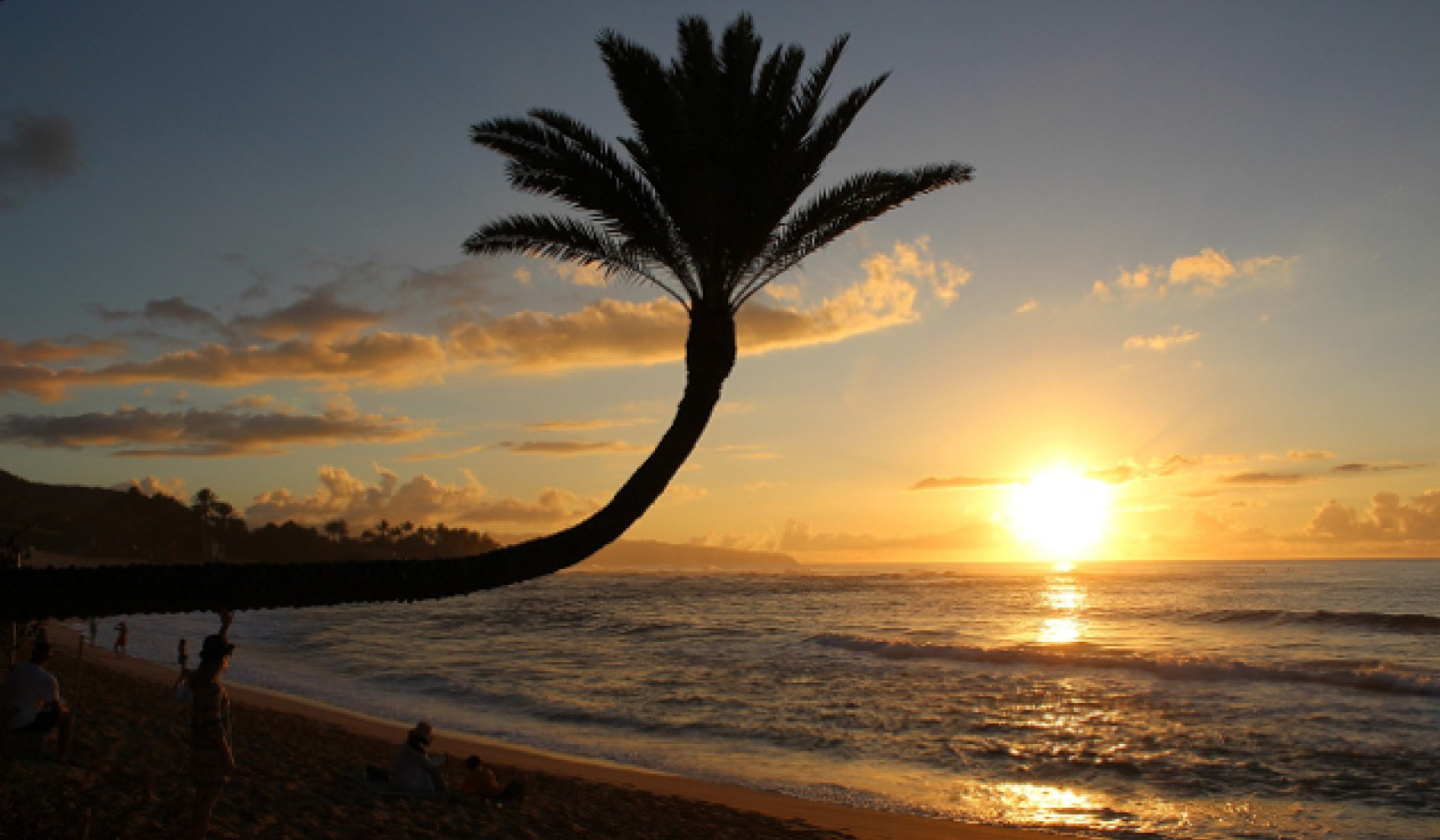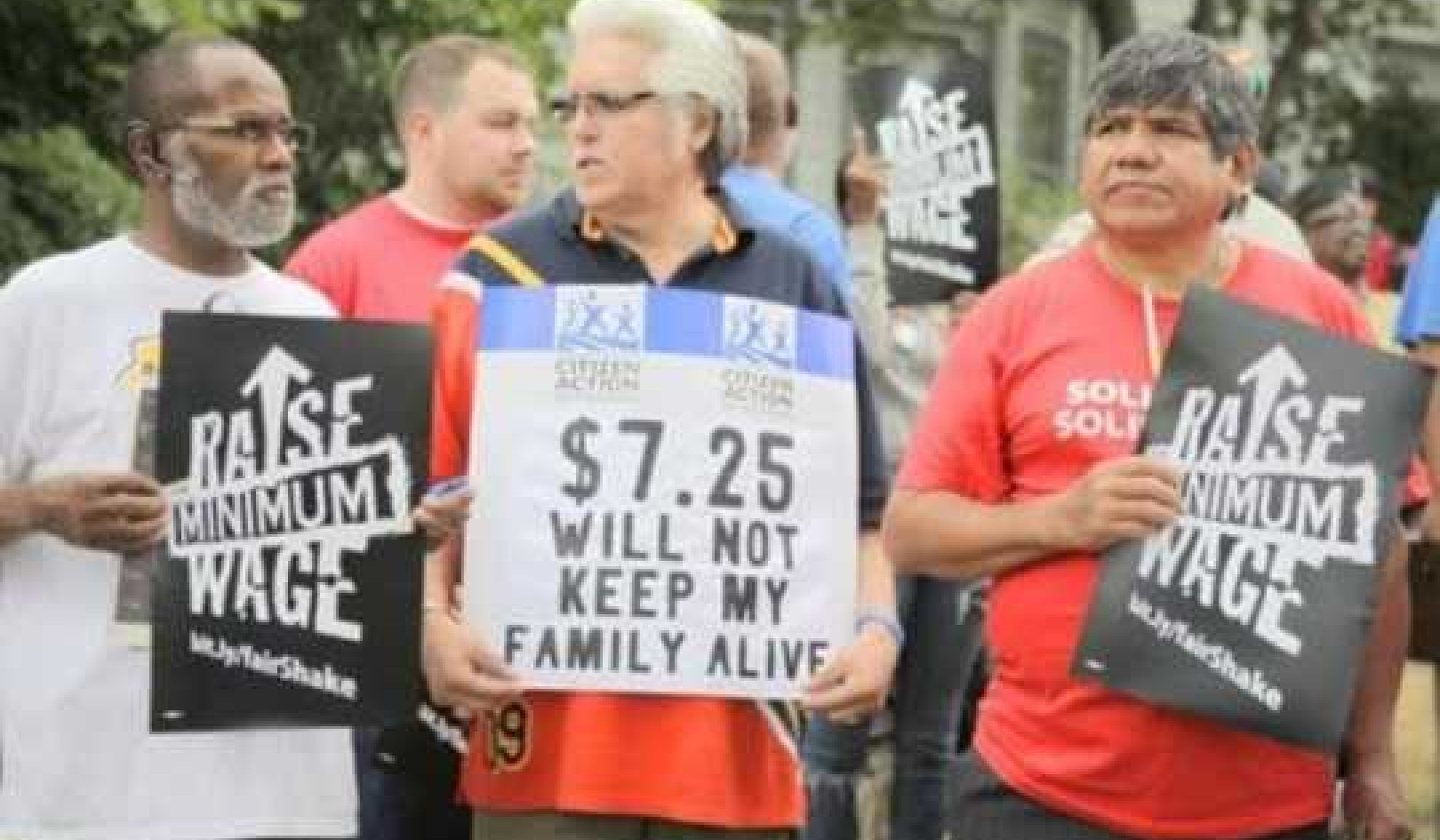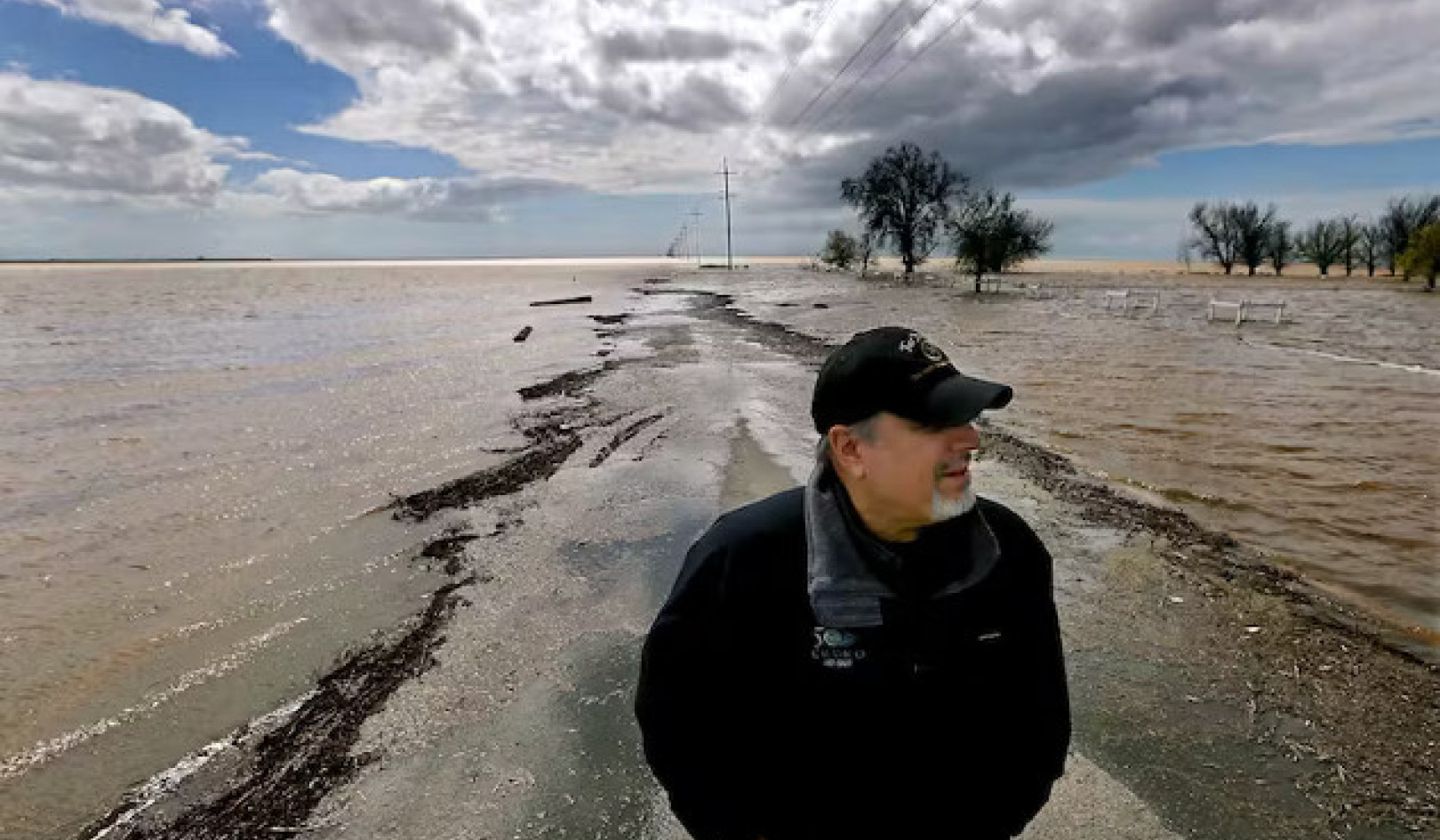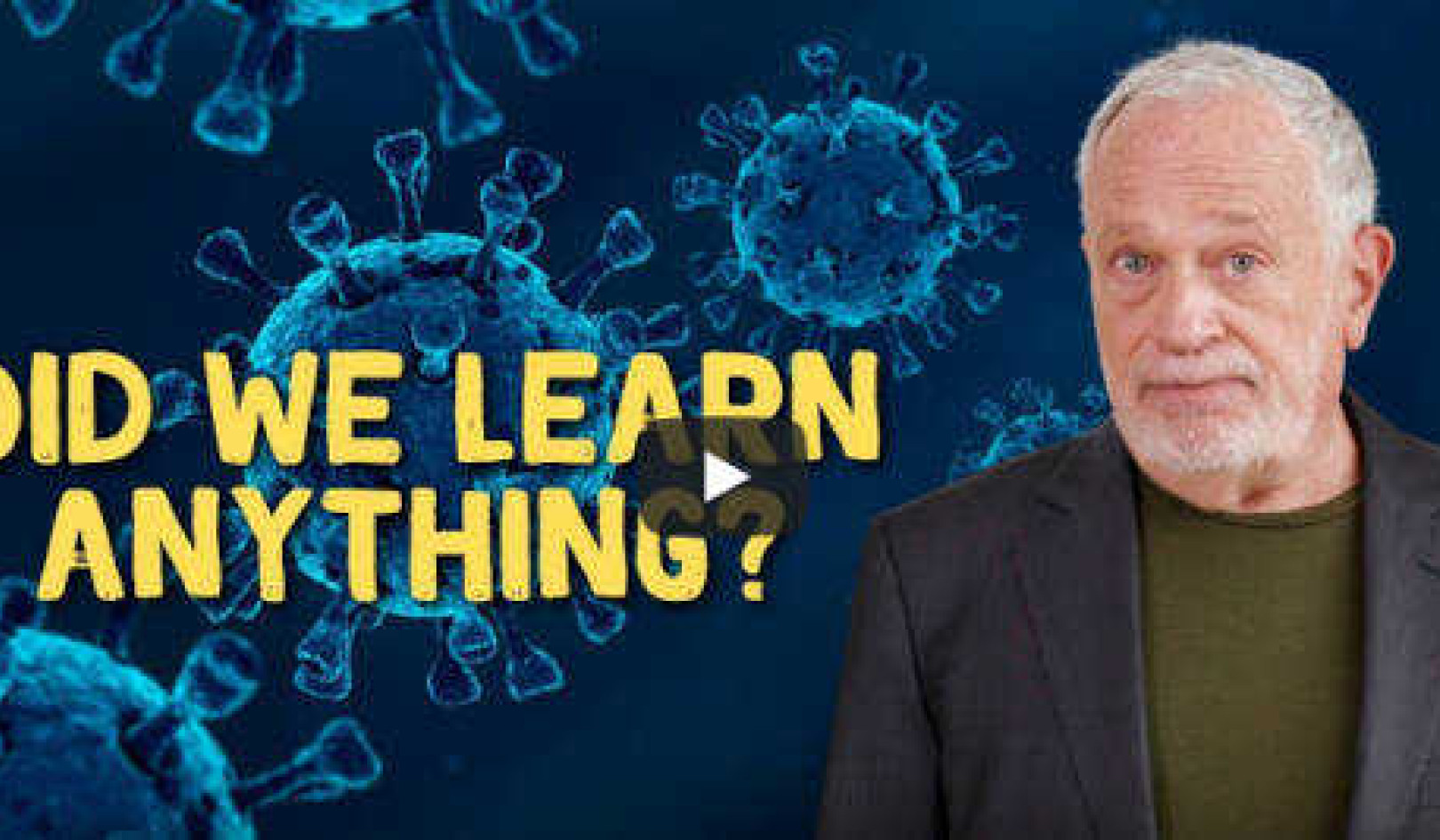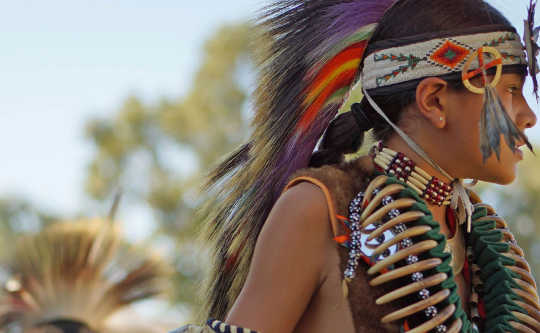
Photo source: NativeHope.org
There are always two sides of a story. Unfortunately, when it comes to the history of Thanksgiving, generations of Americans have been taught a one-sided history in homes and schools.
The dominant cultural and historical story has been told from the perspective of the white colonialists who landed near Plymouth Rock in Massachusetts in 1620. In this version of the Thanksgiving story, the holiday commemorates the peaceful, friendly meeting of English settlers and the Wampanoag tribe for three days of feasting and thanksgiving in 1621.
Every year, news outlets and social media are a-buzz with Thanksgiving themes. There is little coverage of the fact that November is Native American Heritage Month or that the Friday after Thanksgiving, known to most as Black Friday, is Native American Heritage Day.
The mainstream version of the Thanksgiving story paints a picture of courageous, Christian settlers, braving the perils of the New World and with the help of some friendly Natives, finding a way to make a new life for themselves. In the days around Thanksgiving, many teachers focus in on this happy story, helping students make American Indian headdresses out of construction paper and holding Thanksgiving reenactments in their classrooms.
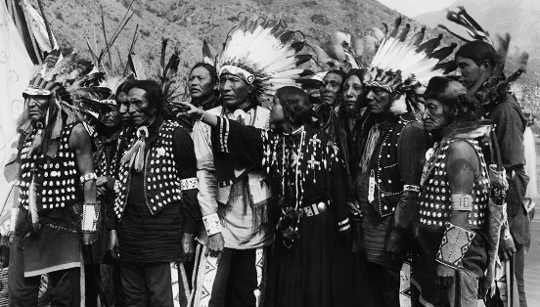
Photo source: NativeHope.org
Very few teachers realize that construction headdresses and school re-enactments create a lump stereotype that Native Americans all wear the same regalia. These school activities also encourage young students to think it is okay to wear culture as a costume. This makes it hard for students to recognize the diversity of Native American tribes and makes students believe it’s okay to mimic Native American traditional wear, without having an understanding of its spiritual significance.
Very few teachers get a chance to tell students about the massacres of Native tribes like the Pequot that took place in the years that followed. They also do not mention that English settlers robbed Wampanoag graves and stole food from them in order to survive during their first years on this new continent.
Here’s a look at some of the reasons why Thanksgiving is a complex holiday, and one that all Americans should approach with greater sensitivity.
Thanksgiving Is a Day of Mourning for Some Native Tribes
It’s important to know that for many Native Americans, Thanksgiving is a day of mourning and protest since it commemorates the arrival of settlers in North America and the centuries of oppression and genocide that followed after.
For the last 48 years, the United American Indians of New England have organized a rally and day of mourning on Thanksgiving Day. Here’s what they have to say about this choice to mourn on Thanksgiving:
“Thanksgiving day is a reminder of the genocide of millions of Native people, the theft of Native lands, and the relentless assault on Native culture. Participants in National Day of Mourning honor Native ancestors and the struggles of Native peoples to survive today. It is a day of remembrance and spiritual connection as well as a protest of the racism and oppression which Native Americans continue to experience.”
Some Native Americans mourn publicly and openly, while some simply refrain from participating in this national holiday.
Thanksgiving is Already a Way of Life for Native Americans
While some Native Americans have chosen to reject the Thanksgiving holiday entirely, many embrace the positive messages of the holiday and choose to put aside thoughts about the complex history of this day.
This is because the idea of giving thanks is central to Native heritage and culture, and in this way, Thanksgiving is simply a chance to appreciate the good things of life like family, community, and the riches of the land. Long before settlers arrived, Native tribes were celebrating the autumn harvest and the gift of Mother Earth’s abundance. Native American spirituality, both traditionally and today, emphasizes gratitude for creation, care for the environment, and recognition of the human need for communion with nature and others.
Thanksgiving as a holiday originates from the Native American philosophy of giving without expecting anything in return. In the first celebration of this holiday, the Wampanoag tribe not only provided the food for the feast, but also the teachings of agriculture and hunting (corn, beans, wild rice, and turkey are some specific examples of foods introduced by Native Americans).
Now, regardless of the origin of the day, many Native Americans will gather with friends and family and use the day to eat good food (many of the classic Thanksgiving dishes are inspired by indigenous foods) and give thanks.
This Thanksgiving, Join Us in Remembrance
Here at Native Hope, we hope that this Thanksgiving, the hearts of all people, Native and non-Native, are filled with hope, healing, and a desire to dismantle the barriers—physical, economic, educational, psychological, and spiritual— that divide us and oppress us.
This time of year, and these two holidays, Thanksgiving and Native American Heritage Day, give us the opportunity to reflect on our collective history and to celebrate the beauty, strength, and resilience of the Native tribes of North America.
We remember the generosity of the Wampanoag tribe to the helpless settlers.
We remember the hundreds of thousands of Native Americans who lost their lives at the hands of colonialists and the genocide of whole tribes.
We remember the vibrant and powerful Native descendants, families, and communities that persist to this day throughout the culture and the country.
We remember people like Sharice Davids and Debra Haaland who just became the first Native American women elected to Congress.
And last but not least, we remember all of the friends and family of Native Hope who have embraced our mission of storytelling. We give thanks for you and for your support!
© Copyright by Native Hope. All Rights Reserved.
Reprinted with permission. Original article.
Publisher: Native Hope, https://www.nativehope.org/.
Article Source
Native Hope is an organization that exists to address the injustice done to Native Americans. Native Hope works in Native communities throughout the United States with offices in Chamberlain, South Dakota, and Santa Fe, New Mexico. The Native Hope Media team visits reservations, pueblos, and other Native communities in both rural and urban areas. Native Hope is playing a vital role by utilizing storytelling to bring hope and change and by funding essential programs that are making a real difference. To learn more, go to https://www.nativehope.org
Related Book
One Native Life
by Richard Wagamese
 One Native Life is Richard Wagamese’s look back at the long road he traveled in reclaiming his identity. It's about the things he's learned as a human being, a man, and an Ojibway. Whether he's writing about playing baseball, running away with the circus, listening to the wind, or meeting Johnny Cash, these are stories told in a healing spirit. Through them, Wagamese shows how to appreciate life for the remarkable learning journey it is.
One Native Life is Richard Wagamese’s look back at the long road he traveled in reclaiming his identity. It's about the things he's learned as a human being, a man, and an Ojibway. Whether he's writing about playing baseball, running away with the circus, listening to the wind, or meeting Johnny Cash, these are stories told in a healing spirit. Through them, Wagamese shows how to appreciate life for the remarkable learning journey it is.
(Also available as a Kindle edition.)
Video: Native Hope: Who We Are
{vembed Y=UOuGCnACkVg}

















